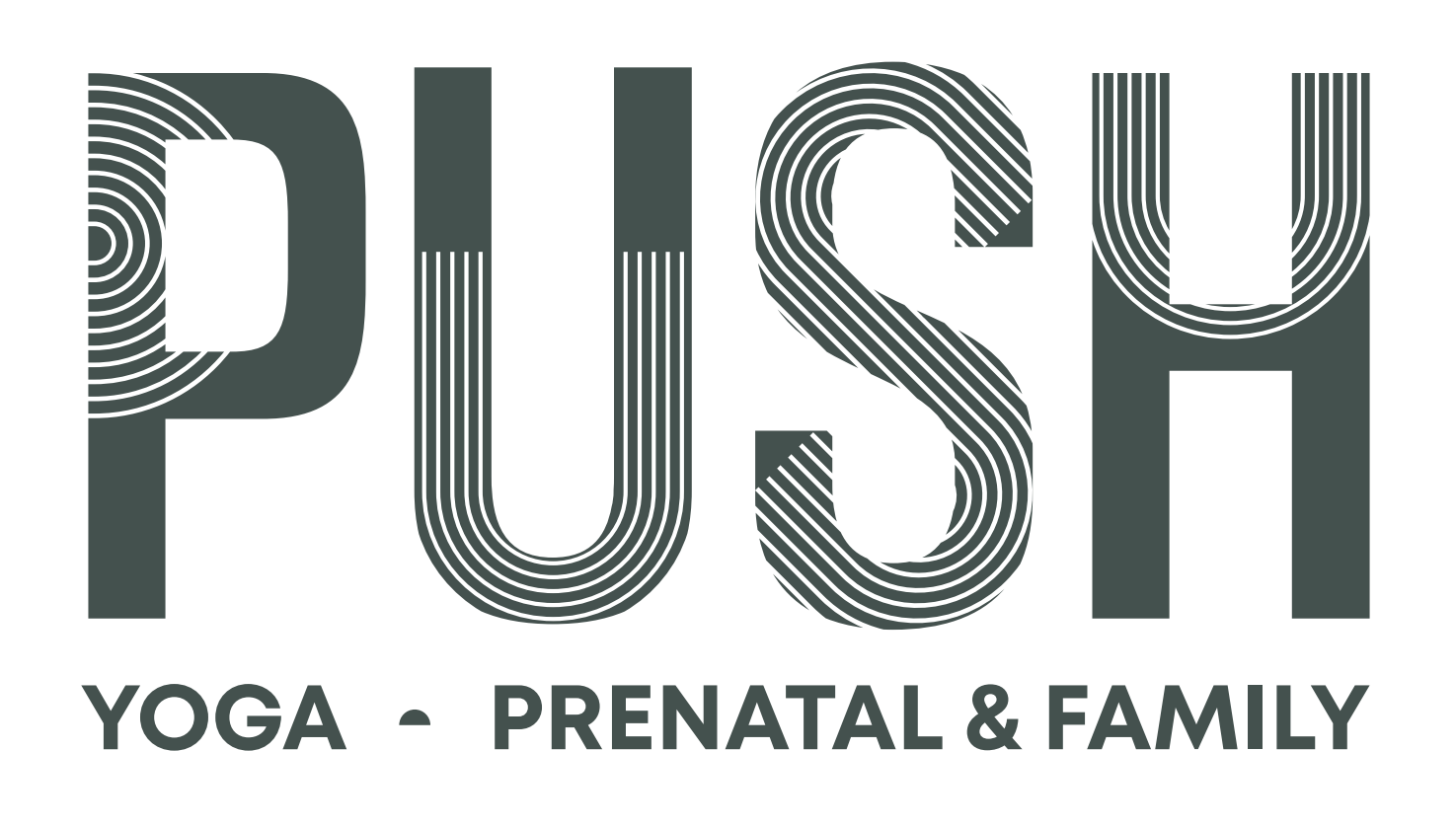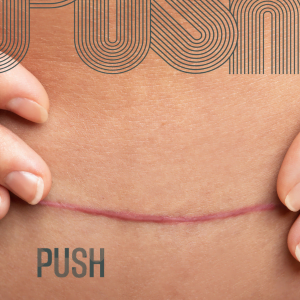You’ve probably heard about pregnancy cravings and morning sickness, but what about baby brain? If you’re feeling a little forgetful or like your brain is in a fog during pregnancy, you’re not alone! Many expecting moms experience this phenomenon, also called pregnancy brain or momnesia. It can show up as misplaced keys, forgotten appointments, or moments where your mind just feels a little slower than usual.
But what exactly causes baby brain, and how can you manage it? In this post, we’ll break down everything you need to know, including why it happens and how to cope when you’re feeling extra forgetful during pregnancy.
What Is Baby Brain?
Baby brain is a term used to describe the cognitive changes many women experience during pregnancy and after childbirth. These changes often include:
- Forgetfulness: You might forget where you put your phone or miss an appointment.
- Difficulty concentrating: Focusing on tasks might feel harder than before.
- Mental fog: Some moms-to-be describe it as feeling like your brain is working in slow motion.
You’re not imagining things—baby brain is a real phenomenon that can affect pregnant women and new moms. In fact, studies suggest that around 50-80% of pregnant women experience some level of memory or concentration issues during their pregnancy .
Why Does Baby Brain Happen?
The exact cause of baby brain isn’t completely understood, but researchers believe it’s a combination of factors, including:
1. Hormonal Changes
During pregnancy, your body goes through massive hormonal shifts. Estrogen and progesterone levels soar to support your growing baby, and these hormones can also affect the way your brain functions. In fact, research suggests that these hormones might play a role in the cognitive changes many pregnant women experience . Your brain is working overtime, adjusting to prepare you for motherhood, which can cause lapses in memory or concentration.
2. Sleep Deprivation
Pregnancy often comes with restless nights—whether it’s from discomfort, frequent trips to the bathroom, or simply feeling anxious. And let’s not forget that new moms rarely get a full night’s sleep! Lack of sleep can seriously impact your brain’s ability to focus and remember details, contributing to that feeling of mental fog .
3. Stress and Anxiety
Being pregnant is exciting, but it can also be stressful. You’re preparing for a major life change, and whether it’s worrying about the baby’s health, labor, or adjusting to parenthood, it’s normal to feel some anxiety. Stress affects cognitive function, making it harder to concentrate or retain information. Add baby brain on top of it, and it’s no wonder you feel scattered !
4. Changes in the Brain
Believe it or not, pregnancy actually causes physical changes in your brain. Studies using MRI scans have shown that certain parts of the brain shrink slightly during pregnancy, particularly areas that deal with social cognition and emotional understanding . These changes are thought to help new moms become more attuned to their babies’ needs, but they may also contribute to the forgetfulness and mental fog associated with pregnancy brain.
How Long Does Baby Brain Last?
Baby brain typically begins in the second or third trimester of pregnancy and can last into the postpartum period. Some women start to feel more like themselves after giving birth, while others may notice lingering effects for months afterward.
The good news is that these cognitive changes are temporary. As your hormone levels normalize, and you get more rest, your brain will bounce back. However, it’s completely normal to feel a little foggy for a while—especially if you’re sleep-deprived from caring for a newborn.
Managing Baby Brain: Simple Tips to Stay Sharp
While baby brain is a normal part of pregnancy, there are some practical ways to manage it so that you don’t feel overwhelmed by forgetfulness or mental fog. Here are a few strategies that can help:
1. Make Lists and Use Reminders
One of the easiest ways to deal with forgetfulness is by writing things down. Whether it’s a grocery list or important appointments, keeping a notepad or using a reminder app on your phone can be a lifesaver. Try setting alarms for tasks you can’t forget, like doctor’s appointments or prenatal classes. Having a system in place can help you feel more in control.
2. Prioritize Rest
It’s no secret that pregnancy can mess with your sleep, but doing your best to prioritize rest will help your brain function at its best. Try setting a consistent sleep schedule, and don’t hesitate to take naps during the day if nighttime sleep isn’t going well . Sleep is one of the best ways to fight off that mental fog!
3. Delegate Tasks
Pregnancy is the perfect time to lean on your support system. Whether it’s asking your partner to take on more household chores or enlisting help from family and friends, delegating tasks can help reduce the mental load and free up your brain for what matters most. You don’t need to do everything yourself!
4. Stay Active
Exercise is great for both your body and your brain. Regular physical activity—like walking, swimming, or prenatal yoga—can help improve your mood, reduce stress, and boost cognitive function . Even a gentle walk outside can clear your mind and help you feel more energized.
5. Stay Hydrated and Eat Well
Believe it or not, what you eat can have a big impact on how well your brain functions. Make sure you’re eating a balanced diet rich in fruits, vegetables, lean proteins, and healthy fats. Omega-3 fatty acids, found in foods like salmon, walnuts, and chia seeds, are particularly good for brain health . And don’t forget to drink plenty of water—dehydration can make you feel more sluggish and foggy.
When to Talk to Your Doctor
While baby brain is a normal part of pregnancy, it’s important to pay attention to your overall mental health. If you’re experiencing severe forgetfulness, extreme difficulty concentrating, or signs of depression, it might be time to talk to your healthcare provider. Conditions like prenatal and postpartum depression can sometimes be mistaken for baby brain, but they require different types of support .
Your doctor can help you figure out if what you’re experiencing is typical pregnancy brain or if there’s something more going on. Never hesitate to reach out for help if you’re feeling overwhelmed—it’s always better to check in with a professional if something doesn’t feel right.
Pregnancy is full of changes—some amazing, some challenging—and baby brain is just one of them. While forgetfulness and mental fog can be frustrating, it’s important to remember that baby brain is temporary. Your body is doing the incredible work of growing and preparing for a new life, and sometimes that means your brain has to shift gears.
By staying organized, prioritizing rest, and asking for help when you need it, you can manage the cognitive changes of pregnancy with ease. And remember, you’re not alone—almost every mom-to-be experiences some form of baby brain, so don’t be too hard on yourself. Your brain is doing exactly what it needs to during this exciting time.
If you need more information on pregnancy and mental health, or if you’re looking for expert advice on how to handle the challenges of baby brain, here are some helpful resources:


